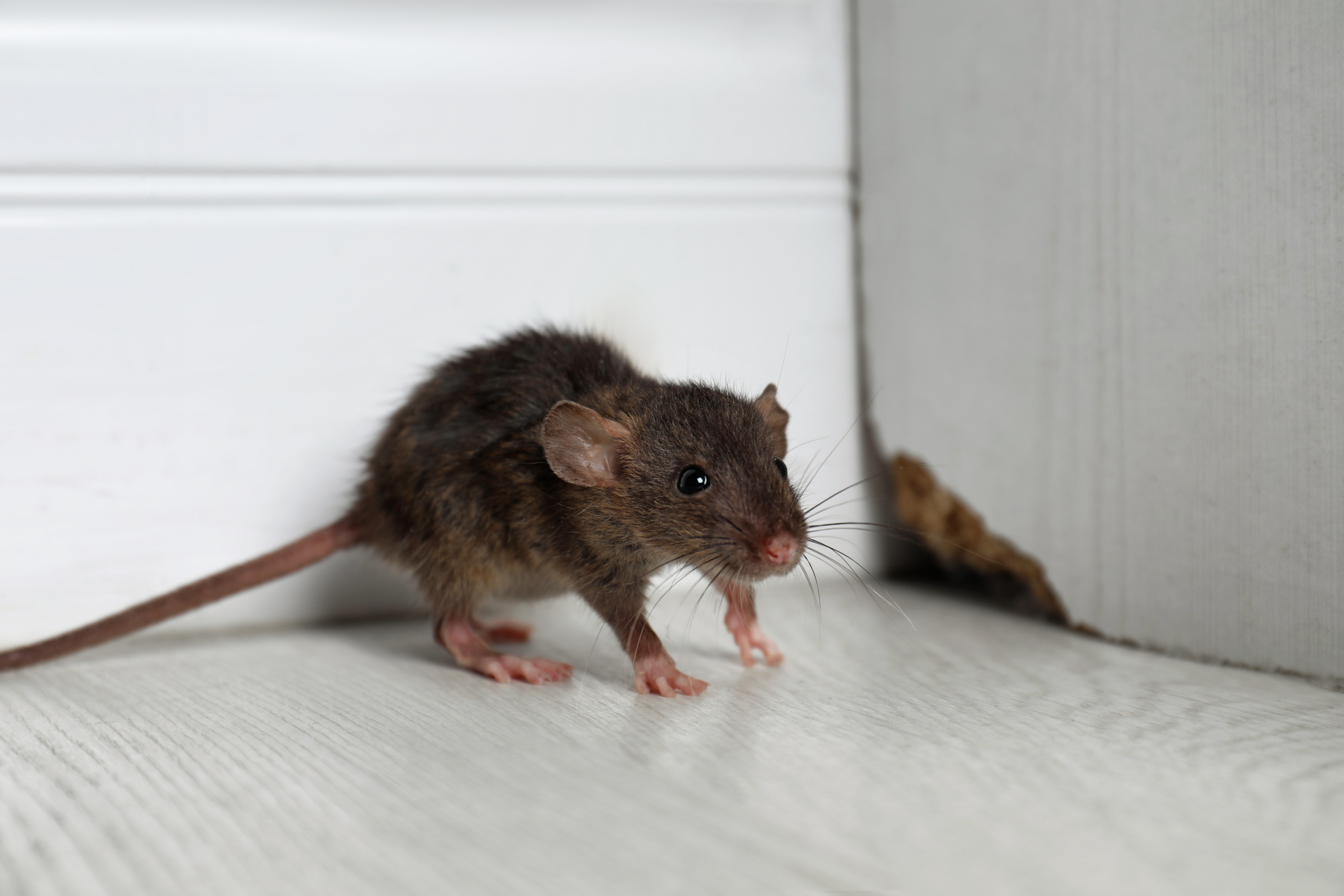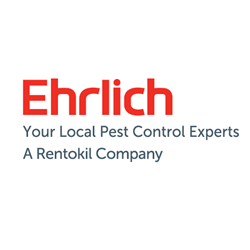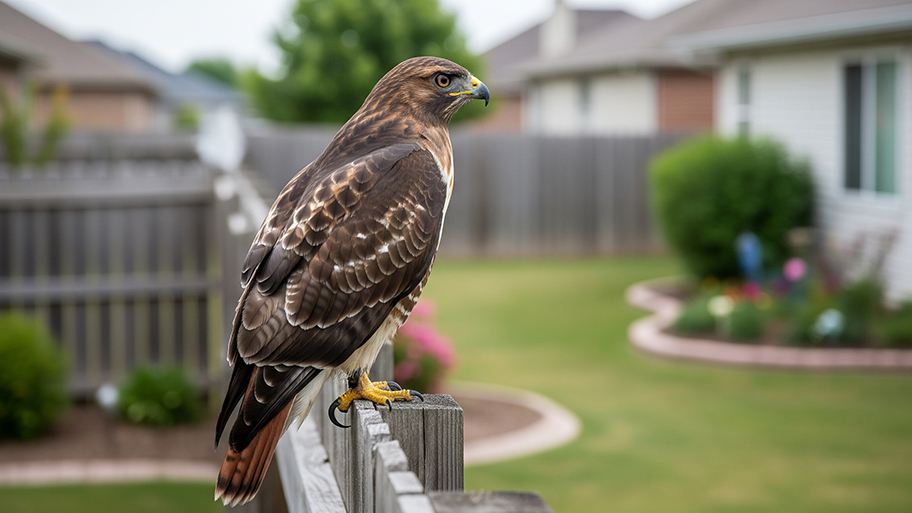
Get matched with top animal removal specialists in Jane Lew, WV
Enter your ZIP and get matched with up to 5 pros
Need a pro for your animal removal project in Jane Lew, WV?
Verified Reviews for Animal Removal pros in Jane Lew, WV
*The Angi rating for Animal Removal companies in Jane Lew, WV is a rating based on verified reviews from our community of homeowners who have used these pros to meet their Animal Removal needs.
*The HomeAdvisor rating for Animal Removal companies in Jane Lew, WV is a rating based on verified reviews from our community of homeowners who have used these pros to meet their Animal Removal needs.
Last update on November 14, 2025
Find Animal removal specialists in Jane Lew

Ehrlich Pest Control
Ehrlich Pest Control
Since 1928, Ehrlich Pest Control has been providing homeowners and business owners with customer service excellence and trusted pest control solutions.
Since 1928, Ehrlich Pest Control has been providing homeowners and business owners with customer service excellence and trusted pest control solutions.
The Jane Lew, WV homeowners’ guide to animal removal services
From average costs to expert advice, get all the answers you need to get your job done.

The cost to remove a groundhog can vary depending on where you live and whether you do it yourself or hire a professional. We’ll help you figure out the true cost of groundhog removal, along with strategies for humane trapping and release.

If iguanas are plaguing your home and destroying your property, proper removal is key. Learn the costs to expect from an iguana removal service.

When calculating wildlife removal costs, you’ll need to consider the type, size, and amount of animals. Our guide will show you the wildlife removal cost.

Hawks are expert overhead hunters. To protect your pets and the little birds visiting your backyard, learn how to keep hawks away with these humane strategies.

Homeowners should know the key differences between badgers vs. raccoons. Here are their unique traits and impacts on humans.

Squirrels can cause problems if they nest in your attic, but luckily there’s plenty you can do about it. Here’s who to call to get squirrels out of your attic.
- Window Cleaning in Jane Lew
- Snow Removal in Jane Lew
- House Cleaning in Jane Lew
- Lawn Mower Repair in Jane Lew
- Trampoline Assembly in Jane Lew
- Sink Installation in Jane Lew
- Plumbing in Jane Lew
- Electrical in Jane Lew
- Handyman Service in Jane Lew
- Landscaping in Jane Lew
- Locksmiths in Jane Lew
- Hvac in Jane Lew
- Lawn Care in Jane Lew
- Air Duct Cleaning in Jane Lew
- Painting in Jane Lew
- Appliance Repair in Jane Lew
- Lawn And Yard Work in Jane Lew
- Interior Painting in Jane Lew
- Ev Charger Installer in Jane Lew
- Drain Cleaning in Jane Lew
- Contractor in Jane Lew
- Gutter Cleaning in Jane Lew
- Pressure Washing in Jane Lew
- Boiler Repair in Jane Lew
- Flooring in Jane Lew
- Exterior Painting in Jane Lew
- Foundation Repair in Jane Lew
- 🌱 "Mow a small front yard"
- 🛠 "Fix a leaking pipe under the sink"
- 🏠 "Repair shingles on an asphalt roof"
